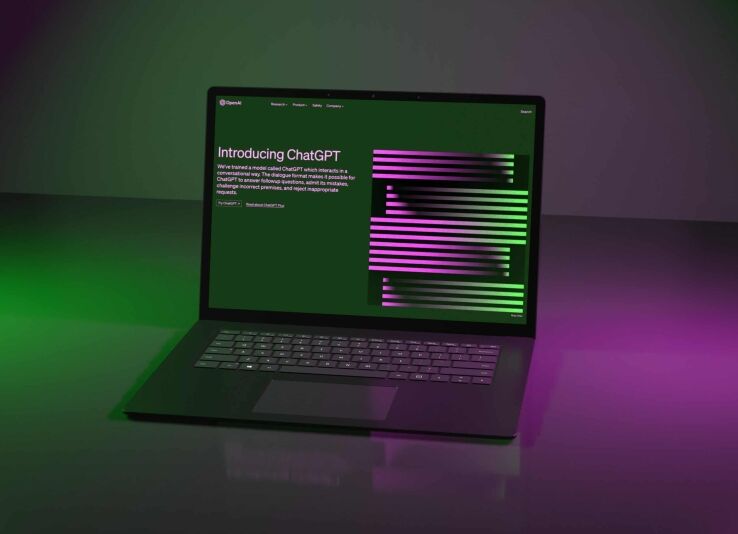Is ChatGPT a Reliable Source?
Can you do research with ChatGPT?

WePC is reader-supported. When you buy through links on our site, we may earn an affiliate commission. Prices subject to change. Learn more
ChatGPT’s reliability as a source of accurate information is still questionable. While ChatGPT can provide factual information and offer real-world examples, its accuracy on various topics may not meet the desired standards. It is crucial to approach ChatGPT as a source of inspiration and feedback rather than relying on it as a primary source of information. This article aims to explore the reliability of ChatGPT and shed light on its limitations, helping users navigate this powerful language model effectively.
Is ChatGPT a Reliable Source?
While ChatGPT is a remarkable tool for generating content, it should not be considered a reliable source of information. Despite its ability to engage in human-like conversations and provide factual details, the accuracy of ChatGPT is not guaranteed, particularly on topics beyond its training data from 2021.
As an AI language model, ChatGPT relies on the information available in its dataset to respond to user inputs. This means that if you inquire about events or developments that occurred after 2021, ChatGPT may generate false or outdated information. This limitation makes it essential to exercise caution and fact-check the responses obtained from ChatGPT with credible external sources.
While Microsoft’s Bing AI Chatbot can fetch real-time information, ChatGPT is not equipped with the same capability. To ensure the reliability of the information, it is advisable to verify ChatGPT’s responses using additional reputable sources, especially for recent and time-sensitive matters.
ChatGPT Accuracy
One of the significant issues with ChatGPT is its lack of accuracy, leading to the generation of false information. This phenomenon, often called “hallucinations,” can be misleading and problematic, especially for individuals relying on ChatGPT for learning or educational purposes. Like encountering individuals who confidently state incorrect facts, ChatGPT may provide wholly or partially incorrect responses that appear convincing. This poses a challenge for users who seek reliable and trustworthy information, as the potential for hallucinations undermines the tool’s credibility and suitability for educational projects. Caution and verification from reliable sources are crucial when using ChatGPT to ensure the accuracy and reliability of the information obtained.
ChatGPT Credibility
Regarding credibility as a source of factual information, ChatGPT falls short. Due to its limitations, it cannot be relied upon or cited for academic writing purposes. While ChatGPT aims to provide accurate answers, its responses are based on patterns rather than verifiable facts and data.
Applying the CRAAP test for evaluating sources, ChatGPT fails to meet several criteria. Regarding currency, its training dataset only covers up to 2021, rendering it somewhat outdated.
ChatGPT lacks authority as it is simply a language model and is not recognized as a trustworthy source of factual information. Lastly, accuracy is compromised as ChatGPT does not provide citations or evidence to support its responses.
Therefore, citing ChatGPT as a reliable source for factual claims is not recommended.